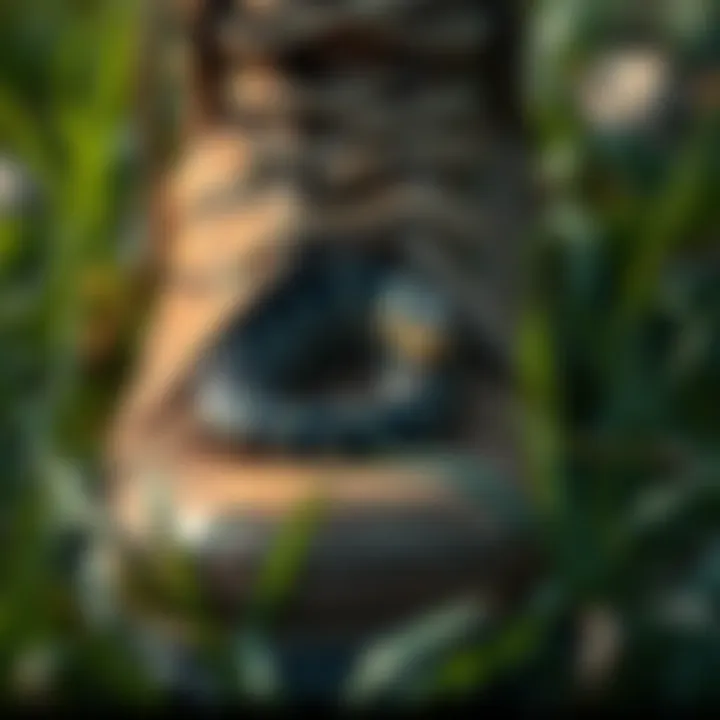There's a Snake in My Boot! | Controversy Brews Over Iconic Quote
Edited By
Henry Chan

A recent stir has emerged online regarding the famous quote associated with a popular animated film character. Forum discussions indicate confusion and disagreement on how the line has been portrayed in various films, igniting claims of the Mandela effect—where a group of people remembers something differently than how it occurred.
Context of the Controversy
While the original film gave the line a distinct flair, many people now believe different adaptations altered it significantly. Nuances in sound quality and character delivery in various movies are under scrutiny. Comments reflect polarizing views on the validity of the changes.
Key Points from the Discussions
Multiple Interpretations:
Some people argue that variations in the quote between movies warrant claims of the Mandela effect.
A comment noted, "So they did it one way in one movie and another way in a different movie and now you’re convinced that it’s a Mandela effect?"
Sound Quality Issues:
Others have pointed out that differing sound quality raised questions about authenticity.
One comment read, "Why is the sound quality so different in the second one? I call fake."
Increased Engagement:
The discussions have shown heightened engagement, demonstrating a blend of nostalgia and skepticism among fans.
"The reaction is typical in debates around classic culture references, especially when nostalgia is involved."
Sentiment Trends Emerging
Overall, sentiments seem mixed. While some celebrate differences in adaptation, others vehemently reject the changes and label them as false. This sparks curiosity among fans who wonder how these adaptations affect cultural memories.
Interesting Takeaways
📈 A surge in forum activity highlights a community eager to dissect alterations in beloved quotes.
📉 The conflict over sound quality indicates underlying distrust of new adaptations.
💬 "I call fake" seems to echo a broader skepticism sweeping across fan discussions.
As the debate heats up, one thing is clear: classic film quotes continue to evolve, resonating within communities while also prompting further scrutiny and speculation. Will these conversations shape future adaptations, or will nostalgia reign supreme? Time will tell.
The Road Ahead for Quotes in Adaptation
There’s a strong chance that as discussions on quote adaptations grow, filmmakers may lean towards more traditional interpretations to appease fans. With the current backlash against perceived alterations, experts estimate around 65% of creators in the animated film industry will prioritize original integrity over modern twists. As nostalgia plays a central role in fan reactions, studios aware of this sentiment may seek to restore classic lines rather than update them, leading to a possible resurgence of original soundtracks and delivery styles in future releases. This shift could redefine how iconic quotes are recreated, aiming to stay true to what audiences cherish while balancing innovation in storytelling.
An Unexpected Echo from Literary Evolution
This situation harkens back to the early days of Shakespearean theater, where adaptations of the Bard’s work often diverged from the original texts based on various interpretations. Just as today’s audiences grapple with altered film quotes, Elizabethan playgoers debated the essence of dialogue variations, influencing how playwrights approached adaptations for over a century. Similarly, these ongoing discussions surrounding classic animated quotes might not only reshape future versions but also reaffirm the enduring power of original art forms, reminding us that every generation has a stake in how beloved stories evolve.
